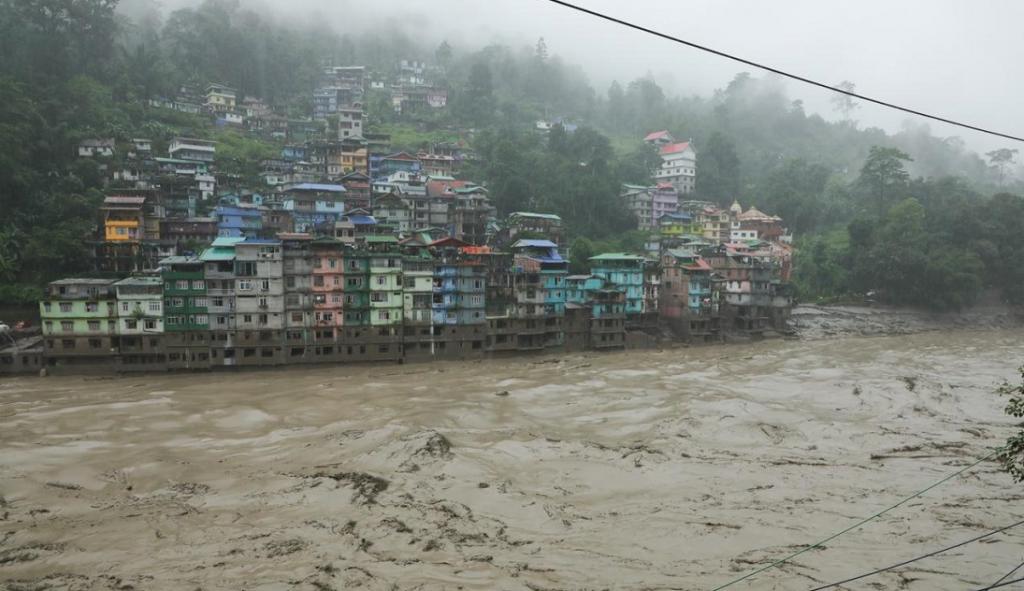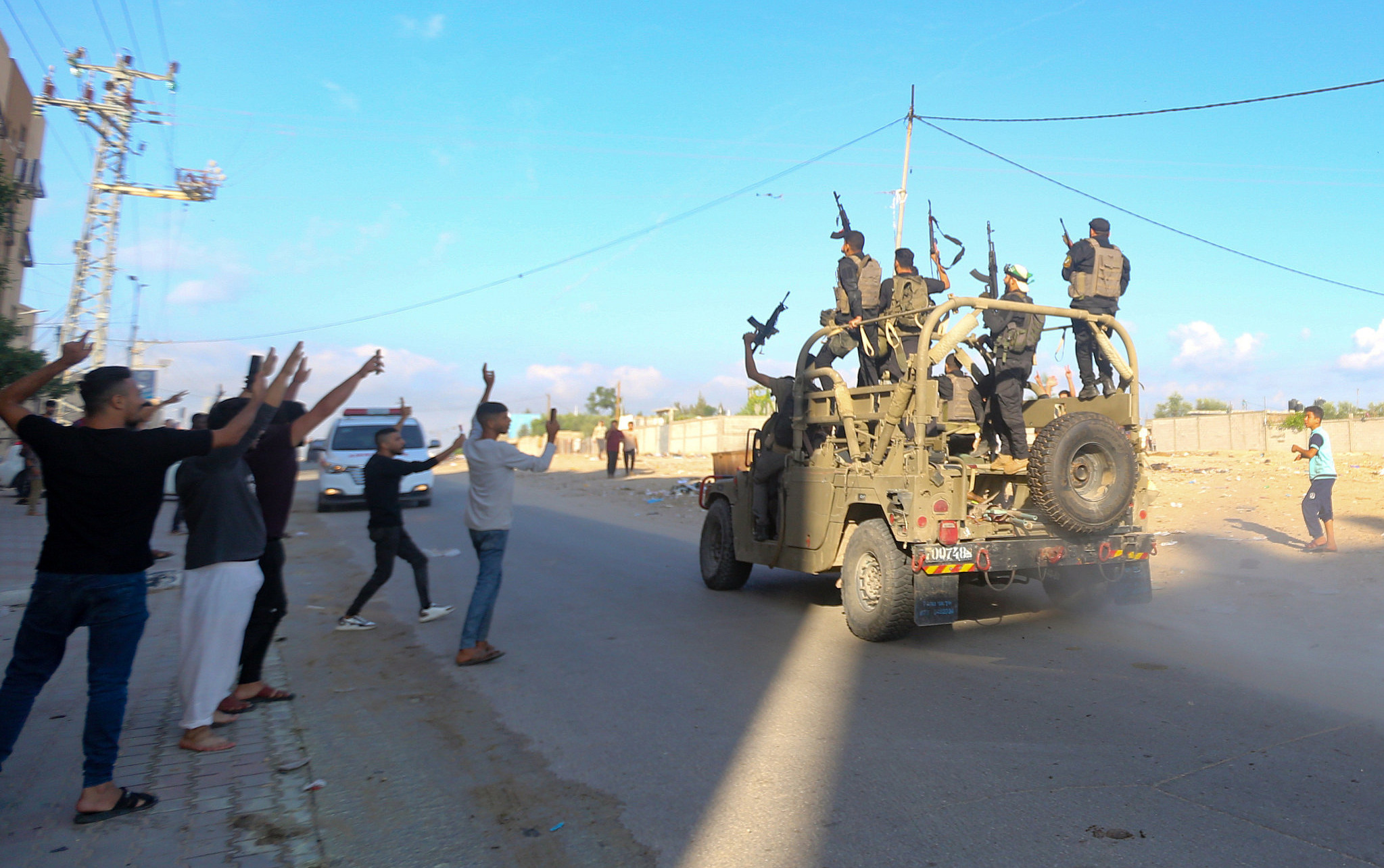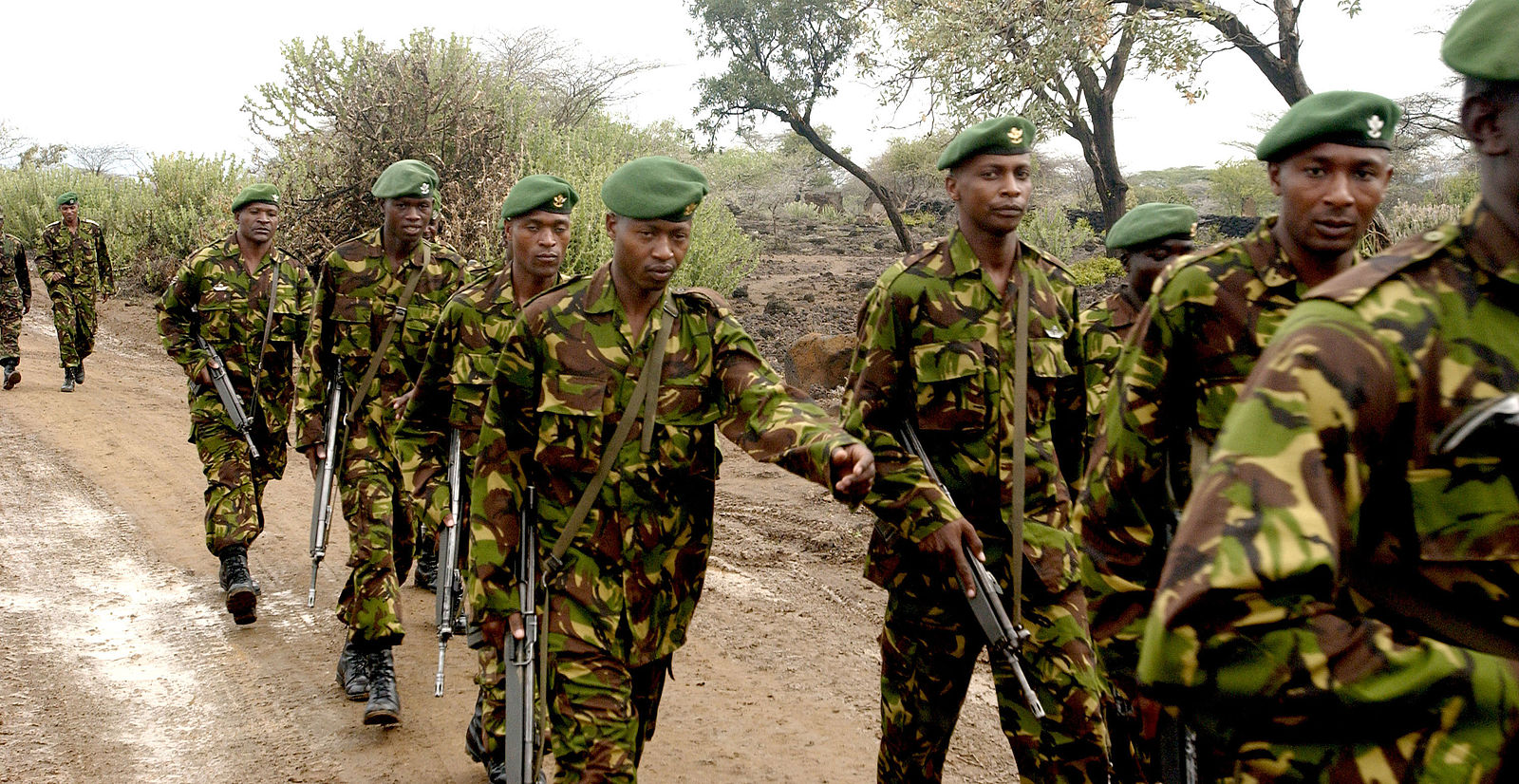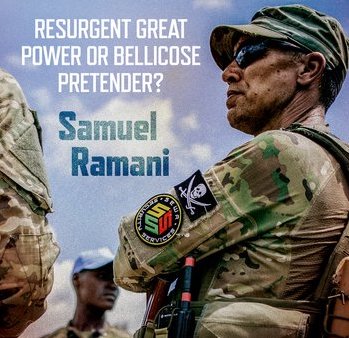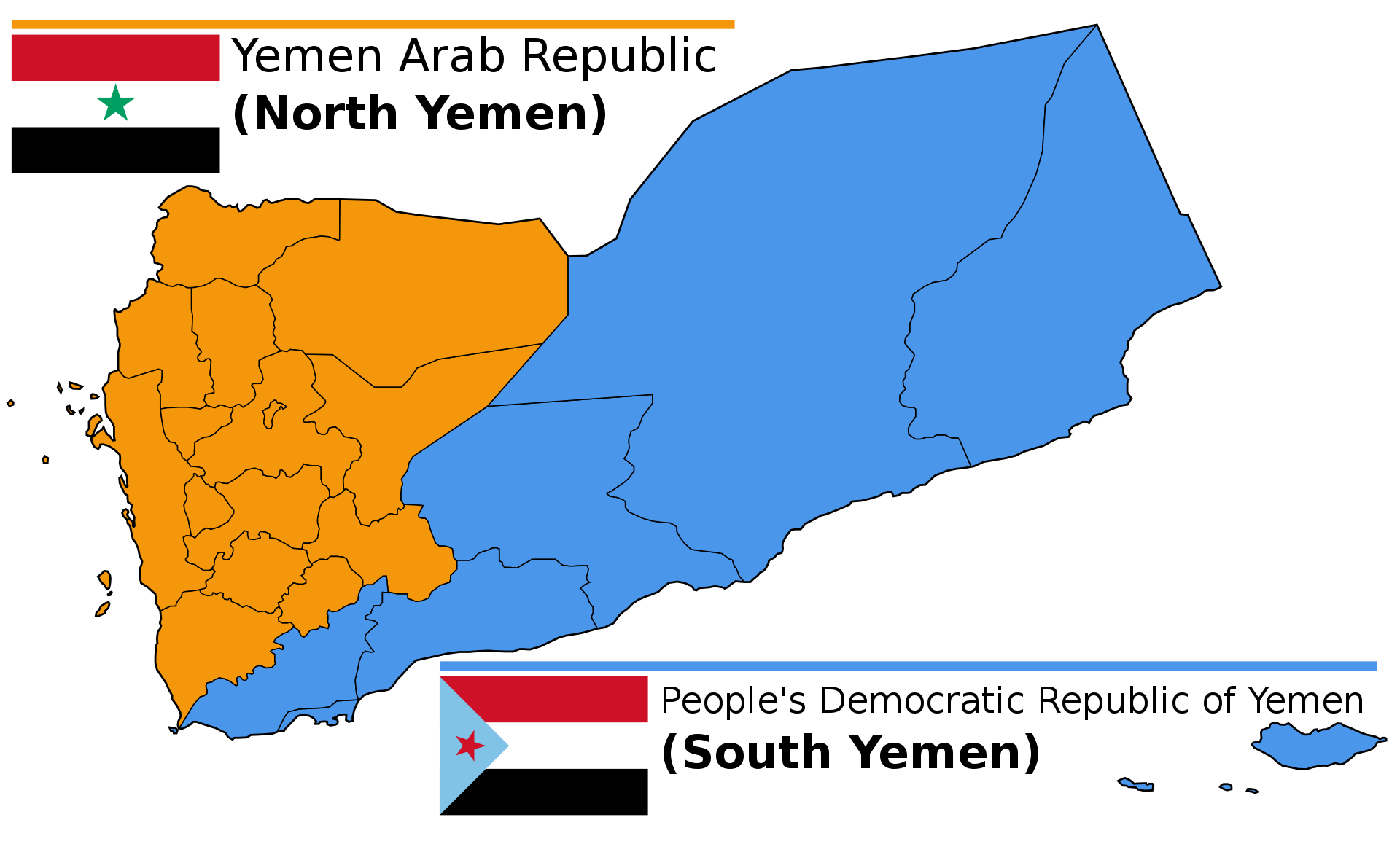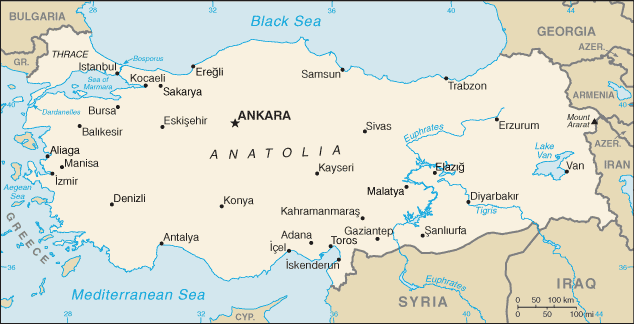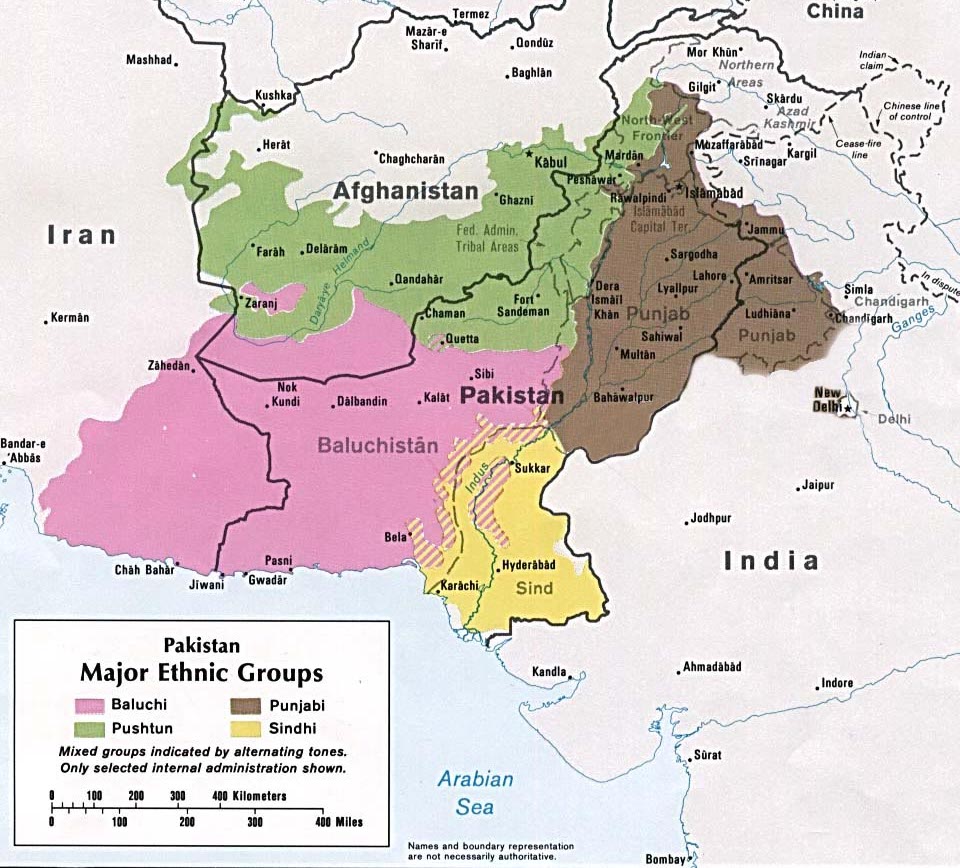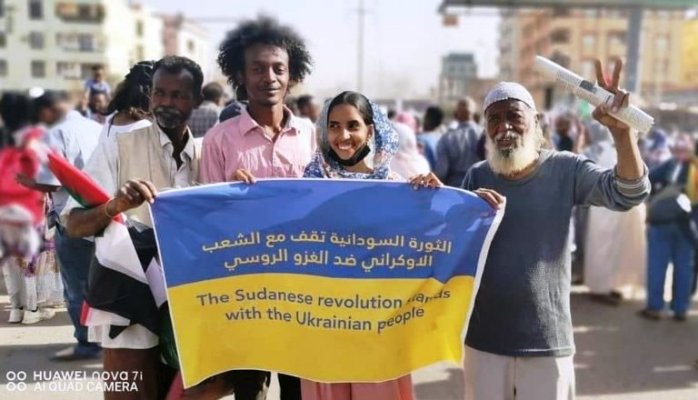Biden admin approves new section of border wall
The Biden administration announced that it has waived 26 federal laws in an area of South Texas by executive order to allow border wall construction—a tactic used often during the Trump presidency. The Department of Homeland Security posted the waiver on the Federal Registry, affecting a “high illegal entry” sector in Starr County, Tex. According to government data, about 245,000 illegal entries have been recorded in this sector during the current fiscal year. The Clean Air Act, Safe Drinking Water Act and Endangered Species Act are among the laws suspended by the order. (Photo via FWS)



